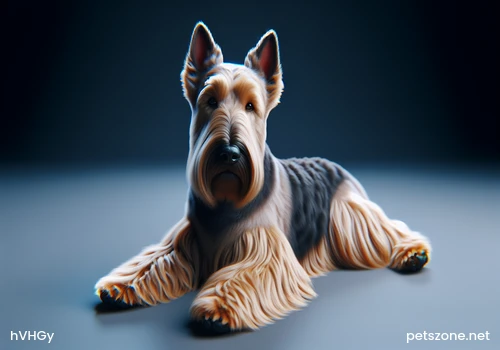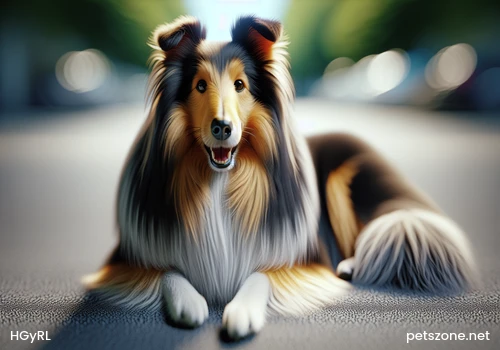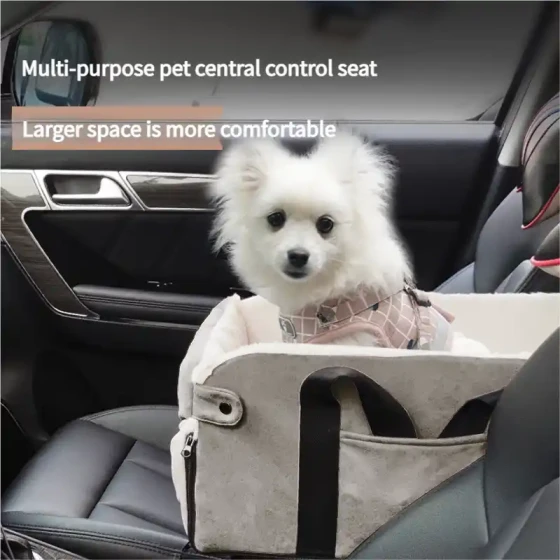Why Can't Dogs Play with Sticks?
Why can't dogs play with sticks?
Does your dog like to fetch sticks you throw or chew on them? Many dogs love doing this. We often see dogs with sticks in their mouths at parks or beaches. Whenever I see dogs chasing or chewing on sticks, I worry because at the hospital I frequently encounter dogs injured from playing with sticks.

Dogs chewing sticks
Dogs who love playing with sticks can cause a lot of trouble for both owners and the dogs themselves.

Dogs who like playing with frisbees - a much safer option
I have seen many dogs injured because of playing with sticks at the veterinary hospital, and the most serious cases have even resulted in death. This is real and happens frequently. But you don’t need to worry excessively, as long as you take some simple protective measures you can keep your dog safe. Below are some of the best ways to protect your dog from stick-related injuries.

Dog with front leg pierced by a branch
First, we need to understand how sticks usually injure your dog. The most common cause of injury when dogs play with sticks is chasing or chewing sticks. Generally, injuries from chasing are more severe than from chewing, but chewing sticks causes many more problems, such as sharp wood splinters getting stuck in the gums (or other objects stuck in the mouth). Wood can also lodge in the digestive or respiratory tracts, obstructing digestion and breathing. This is very dangerous and sometimes life-threatening.

Dog who likes to search for things
Here I summarize some of the most common injuries caused when dogs chew sticks:
1. Small wood splinters puncturing the tongue, throat, or gums.
2. Larger wood pieces can puncture the gums or the surface of the palate, even directly piercing inside the palate. These injuries can cause very serious damage to teeth and the jaw, requiring surgical treatment.
3. Even larger fragments swallowed into the digestive tract can cause irritation, bleeding, and blockage. Wood fragments inhaled into the trachea, no matter their size, can cause respiratory tract irritation, obstruction, and infection. These splinters can also pierce the trachea or lung tissue, leading to chest infections or damaging the heart, nerves, and blood vessels.
Injuries caused by direct puncture from sharp sticks are as follows:
1. Eyes: sticks can directly injure the eyes. If the penetration force is strong enough, the stick can pierce the eye and injure the dog's brain.
2. Mouth: sticks puncturing the mouth can injure many important tissues: the tongue, pharyngeal tissues, palate, teeth, esophagus, and trachea. These external injuries can also harm the nerves and blood vessels in the dog's neck and, depending on the direction of penetration, can damage the sinuses and brain.
3. Chest: We know that most of a dog's important organs are in the chest cavity, so you can imagine how severe the injuries caused by a stick penetrating this area can be. Besides the heart and lungs, the chest contains many large blood vessels and important nerves, as well as the diaphragm, trachea, and esophagus.
4. Abdomen: Sticks penetrating the abdominal cavity directly damage multiple internal organs. Usually affected organs include the stomach, liver, spleen, and intestines. Worse still, sometimes despite surgeons' best efforts, small wood fragments can be missed during exploration and removal because wood, especially very small pieces, does not show up on X-rays.
What should you do if your dog is injured?
1. Get your dog to a veterinary hospital as soon as possible for examination and treatment. Delays will not only prolong the dog's pain and owner’s sadness but may increase the risk of death. If possible, call the vet in advance to inform them of the situation so they can prepare before your arrival.
2. Do not try to remove the stick. It is best to leave the stick in place and let the vet handle it. This way, the vet can see where the stick penetrated and assess the injury. Sometimes leaving the stick in place can prevent heavy bleeding and lung collapse. The only thing you should do is leave the stick as it is.
3. When transporting the dog to the vet, be careful not to let the stick’s sharp end touch other objects. Do not try to break or saw the stick because vibrations may cause the stick to move or cause further damage. You can only cut the end of the stick if it can be done without causing vibrations or displacement. Wrap the cut end of the stick with a T-shirt, towel, or soft material to prevent the stick from puncturing your dog further and causing more internal injury.
4. If the stick has penetrated the chest, keep your dog lying on its back during transport and avoid letting it lie on its side. This helps the healthy lung on the uninjured side to function normally and compensate for the lung injured by puncture.
In summary, letting dogs play with sticks is very dangerous. If your dog likes to chase moving objects, for their safety you can use safer frisbees instead of sticks. If your dog likes to chew things, you can give them rawhide strips or dog chew toys as alternatives to sticks.

Provide dogs with safer items to chew

Give dogs frisbees to play with



